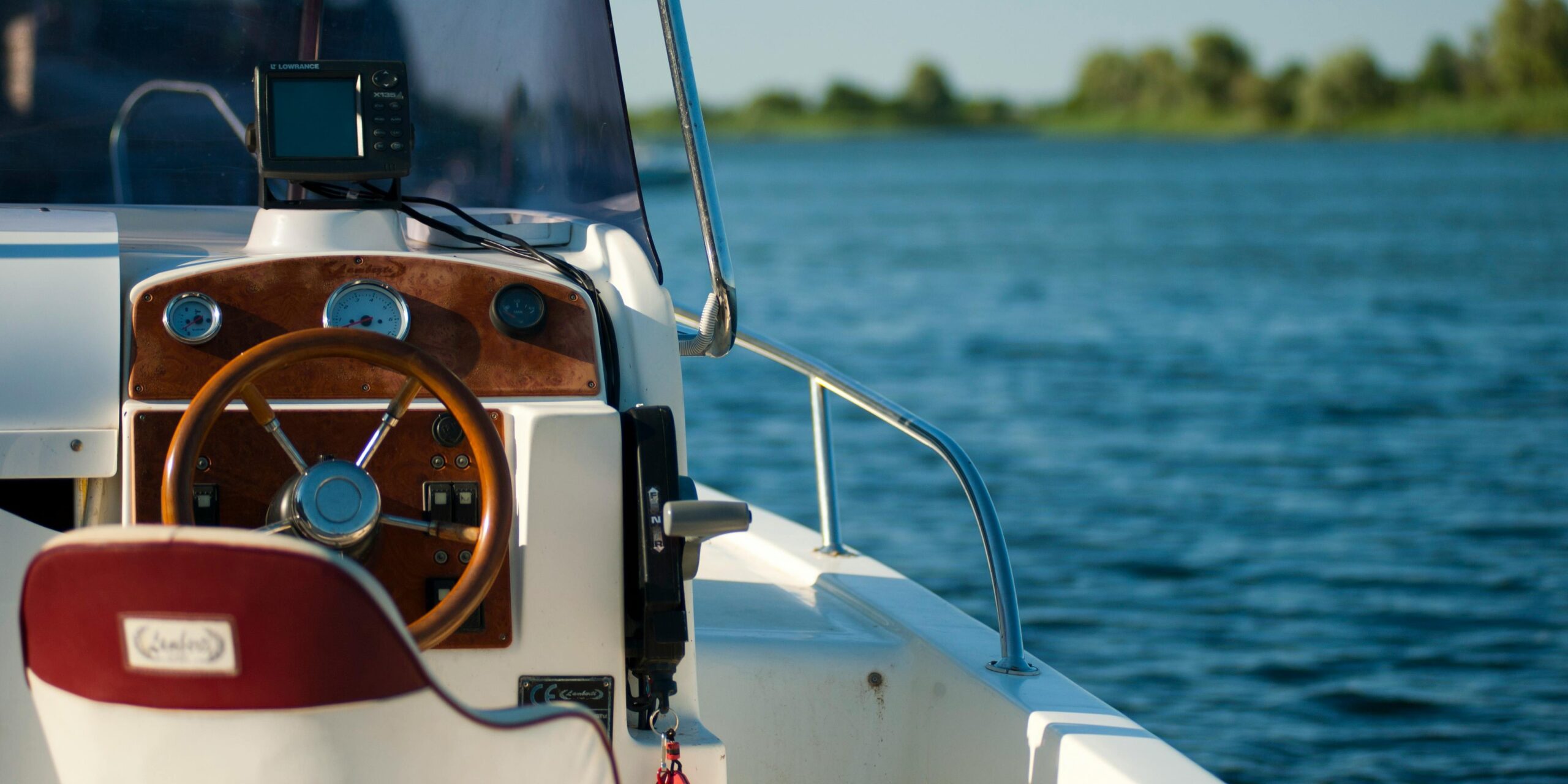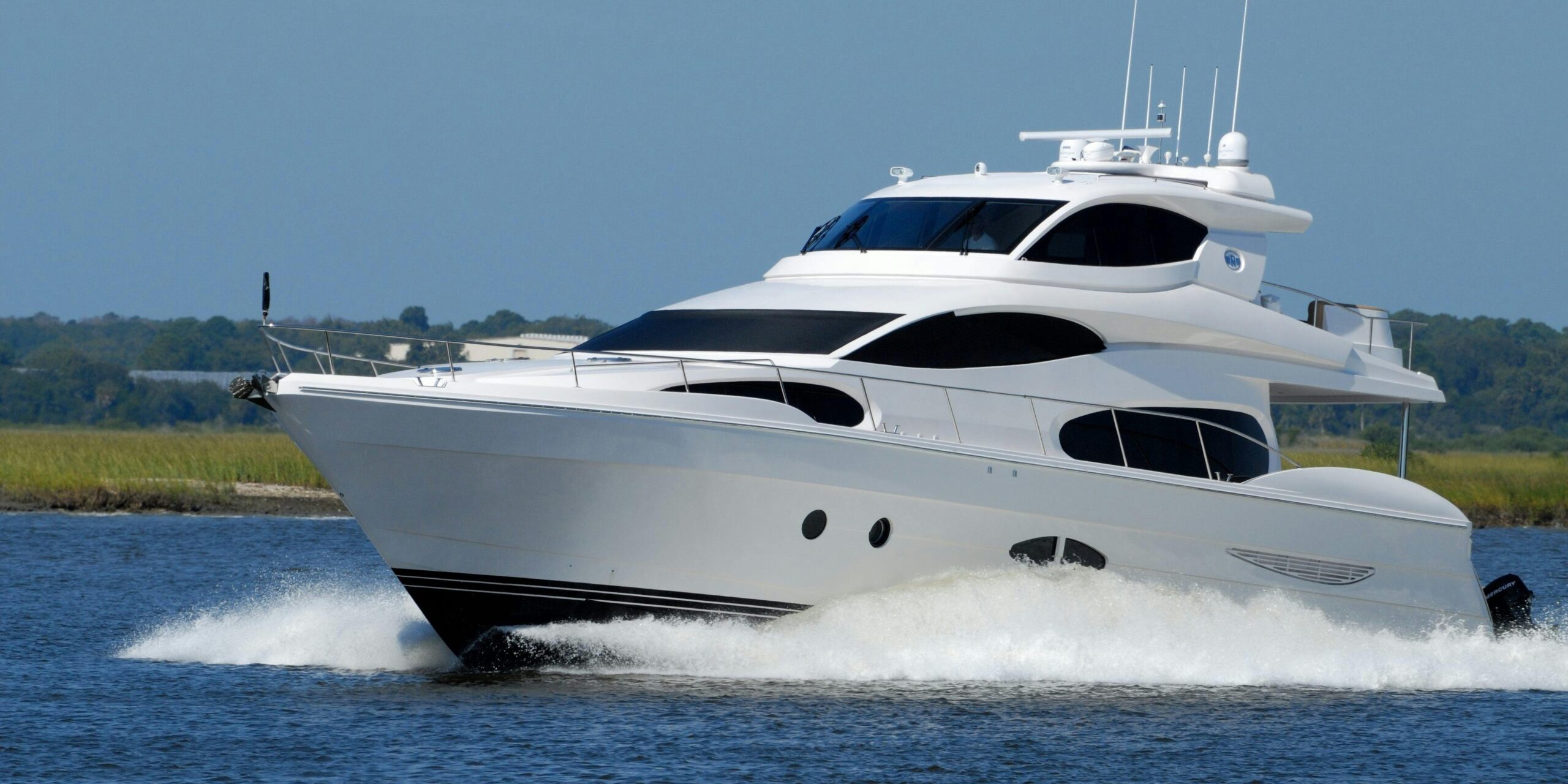The term yacht sounds incredibly sleek, as if it was invented to slide off the tongue with ease. It brings to mind sea, varnished decks, and far-off vistas. But before it was a synonym for elegant recreation and seafaring artistry, the term had a much humbler, even rougher origin. The history of “yacht” is as much a tale of words as it is of the way that sea has influenced human desire and prestige.
Dutch Origins
The Dutch word jacht (pronounced “yakt”) is the origin of the word yacht, originally meaning “hunt.” The complete word, jachtschip, merely translates to “hunting ship.” In the 16th and 17th centuries, the Dutch built small, fast ships used to chase down pirates and criminals in the shallow coastal waters of the Netherlands. These were not recreational vessels—these were fast pursuit vessels used for speed and agility.
These same vessels, with time, began being utilized for another purpose. The Dutch, known for their maritime power and shipbuilding ability, began to utilize jachts to transport dignitaries or to celebrate seaborne triumph. Something that began as a practical warship eventually became a symbol of prestige.
Royal Influence
The word yacht entered the English vocabulary via the monarchs. King Charles II of England in 1660 returned home from years of exile in the Netherlands in a Dutch jacht given to him by the city of Amsterdam. The vessel, Mary, was a contrast to heavy English ships of the times—it was light, lovely, and designed for speed rather than warfare.
Charles was fascinated. He continued to sail for recreation and pleasure, initiating a royal fashion that would give a new definition to the term. English aristocrats soon followed, commissioning their own yachts to be used for recreation. Sailing for sheer pleasure had been created, and the erstwhile military “hunting ship” began its path towards becoming an emblem of refinement and elitism.
Evolution of Meaning
As yachting became popular among Europe’s elite, the term itself changed. By the 18th and 19th centuries, a yacht no longer referred to pursuit or war but enjoyment, travel, and status. The boats grew bigger, more lavish, and were bespoke.
By the late 19th century, yacht ownership became a feasible option for upper-class individuals other than royalty due to the Industrial Revolution. With the use of steam engines, the design of ship was totally revolutionized, and yachts could be elaborate self-sufficient floating homes. Yacht became linked with not only the sea, but with luxury, sophistication, and technology.
Modern Usage
Now, “yacht” can suggest an enormous range of boats—from a small sailboat to a 100-meter superyacht featuring helipads and underwater lounges. But price or size aside, the word still has a certain gracefulness and poise. It suggests freedom and mastery—controlling but surrounded by the immensity of the sea.
Quaintly, the English spelling and pronunciation have remained surprisingly faithful to the original Dutch. Even after centuries of evolution, the English yacht still offers a nod to its roots in the Dutch jacht, retaining the shadow of that nautical past in each syllable.
A Word That Traveled the Seas
Fewer words have traveled so far, both with meaning and in respect. What started as a term used for fast ships on the sea evolved into a symbol of grace and prestige. The transformation mirrors the human interaction with the ocean itself—first from survival and protection to leisure, then to artistry.
The next time you get to say the word “yacht,” bear in mind that it contains more than an impression of serene seas and champagne decks. It contains centuries of design, strength, and the history of language—evidence that even a single word can chart its own course through the centuries.










